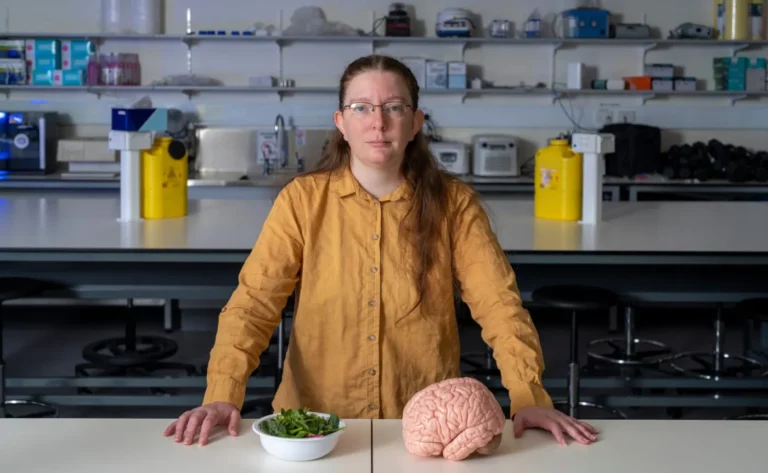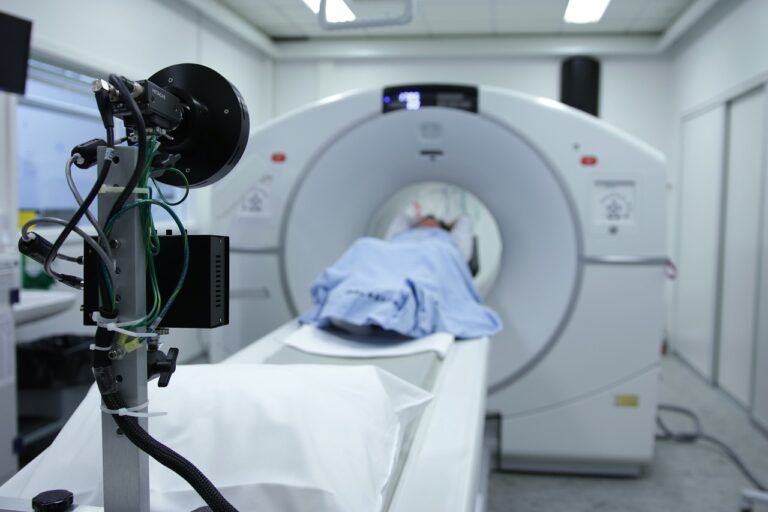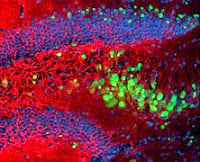
Boosting Magnesium Keeps Dementia at Bay
More magnesium in our daily diet leads to better brain health as we age, according to scientists from the Neuroimaging and Brain Lab at The Australian National University (ANU).

More magnesium in our daily diet leads to better brain health as we age, according to scientists from the Neuroimaging and Brain Lab at The Australian National University (ANU).

A large study led by Lund University in Sweden has shown that people with Alzheimer’s disease can now be identified before they experience any symptoms.

Alzheimer’s can cause difficulty falling asleep, staying asleep and awakening too early. These often lead to nighttime confusion and wandering. Doctors think they know why.

Beta-amyloid and tau proteins have long been considered the culprits behind Alzheimer’s. Yet many people have plenty of amyloid and tau protein, but no Alzheimer’s. Is TDP-43 the reason why?

Researchers find people living in towns with lots of green space were least likely to have Alzheimer’s or Parkinson’s.

Until now, scientists were unsure about how APOE4 creates the strongest genetic risk factor in Alzheimer’s. Now they believe they know.

Researchers say reading, writing letters, doing puzzles or playing card games in later life could delay the onset of Alzheimer’s by as much as five years.

Researchers in London and Paris report staying in touch with friends and family in midlife activates centers of the brain that involve language and memory. It could be linked to better cognitive health.

Researchers in Seattle, Washington have discovered that cataract surgery is associated with a lower risk of developing dementia, and specifically a lower risk of Alzheimer’s.

Researchers in New York found a gene that links cerebrovascular disease and Alzheimer’s.

Looking for the best digital photo frame for a loved one with dementia? Many frames claim to be senior-friendly. We explore the Pix-Star series, rated best for its combination of features and value for the money.

VIDEO+ARTICLE: Sundowning in dementia can derail evenings with anxiety, agitation, and confusion. Here’s why it happens—and what actually helps.

POLICE DASH CAM VIDEO + ARTICLE:
See a man with Alzheimer’s driving 60 MPH (100kph) at police, against traffic, on New Year’s. Learn how-and-when to help a person with Alzheimer’s hand in the car keys.

Too much sleep and too little sleep can contribute to cognitive decline, researchers report. Learn more.

People with dementia who were consistently seen by the same General Practitioner (GP) are given fewer medicines and are less likely to be given medicines that can cause problems, according to researchers at University of Exeter. Learn more.

A deep promise to be there for an Alzheimer’s parent, this heartwarming song was written as a tribute to families facing dementia.

Amyloid is one of the leading culprits behind Alzheimer’s. Scientists know it damages memory by killing brain cells. Now research reveals how amyloid triggers memory loss in perfectly healthy brain cells as well. Learn more about how Alzheimer’s develops.
No spam, only news and updates.


